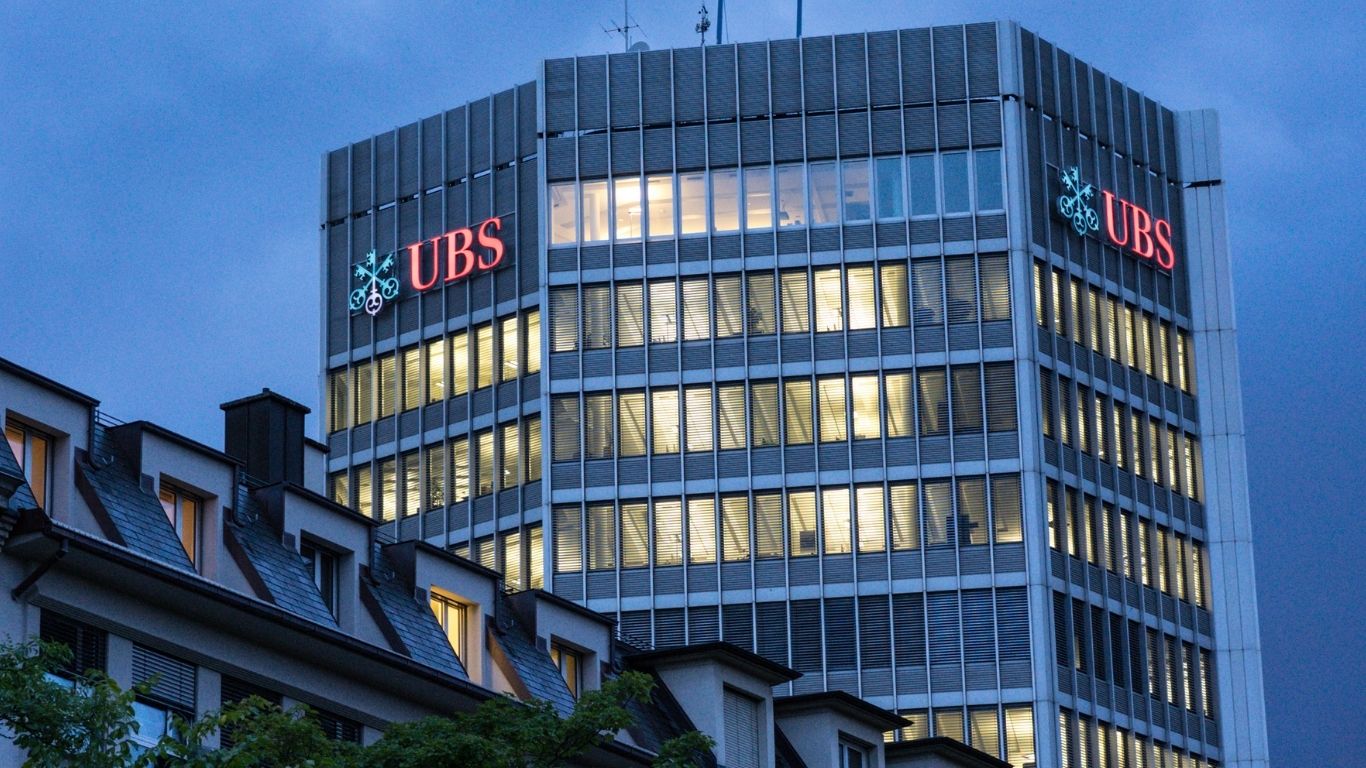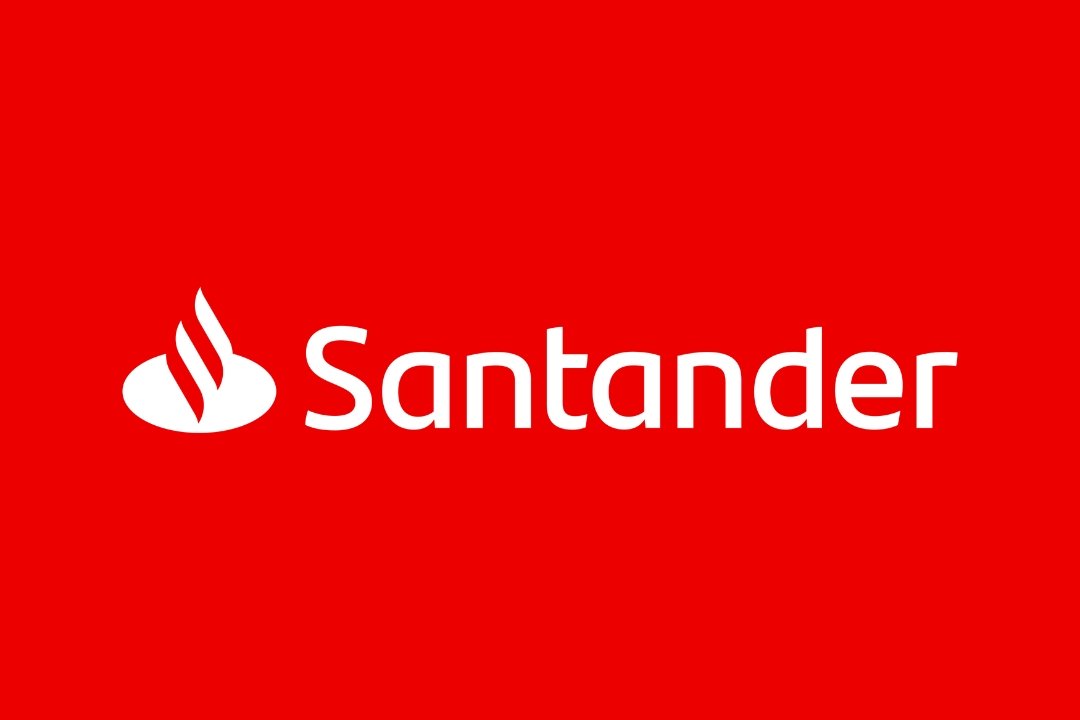UBS reported a significant profit of $29 billion during the second quarter, attributing much of this gain to what is known as “negative goodwill” resulting from its integration of Credit Suisse. The bank also announced its plans to fully integrate the Swiss business of its domestic rival.
This marks UBS’s first set of financial results since completing its takeover of Credit Suisse. According to the bank, absorbing Credit Suisse’s domestic Swiss operations was deemed the best course of action following a comprehensive analysis by a 40-member task force. This decision was reached despite the fact that it would result in a similar number of job losses compared to other options, such as spinning off or listing the Swiss business as a separate entity.
The integration of Credit Suisse’s domestic businesses is expected to lead to approximately 1,000 redundancies, with an additional 2,000 job losses in Switzerland stemming from the restructuring of other parts of Credit Suisse over the next two years.
Credit Suisse, operating as a separate entity from UBS despite the merger’s completion in June, reported a pre-tax loss of CHF 8.9 billion (£7.9 billion) for the second quarter.
The bulk of UBS’s $29 billion profit for the second quarter was derived from a negative goodwill payment related to the acquisition of Credit Suisse. This payment represents the difference between the approximately $3 billion (£2.4 billion) UBS paid for Credit Suisse and the value of the acquired balance sheet.
The combined workforce of the two banks has now reached around 120,000 employees, and significant job cuts are expected as part of the merger. UBS anticipates cost savings of $8 billion, with 75% of these savings coming from reductions in staff. Analysts have suggested that up to 35,000 jobs could be cut following the merger.
However, UBS has not yet disclosed the exact number of jobs to be eliminated as a result of the Credit Suisse takeover. The bank is focusing on reducing costs by $10 billion by the end of 2026, and any job cuts will be phased to mitigate the impact on the labor market. UBS currently employs 119,100 individuals, including approximately 45,000 from Credit Suisse’s workforce. The investment bank is expected to see a significant portion of the cost reductions.
UBS began the acquisition process on June 12 and has been gradually integrating Credit Suisse units and executives into its operations. Job cuts at the acquired Swiss lender have already commenced, with about 200 layoffs within its investment banking and capital markets unit in July, marking the first of three waves of expected redundancies. UBS plans to scale down Credit Suisse’s trading business, retaining $9 billion in risk-weighted assets but winding down the “large majority” of costs within the unit.
Additionally, UBS has brought in numerous senior dealmakers from Credit Suisse, appointing around 20 managing directors from the bank in Europe, as well as three out of 17 top investment bankers for its key European team. Roughly 25% of its country heads in Europe, the Middle East, and Africa are former Credit Suisse employees.
While UBS intends to strengthen its U.S. team through the merger, other competitors such as Citigroup, Deutsche Bank, Jefferies, and Santander have also recruited many senior dealmakers from Credit Suisse in recent months.
UBS disclosed in its Q2 results that it allocated $500 million in retention payments to key staff from Credit Suisse during the second quarter.










